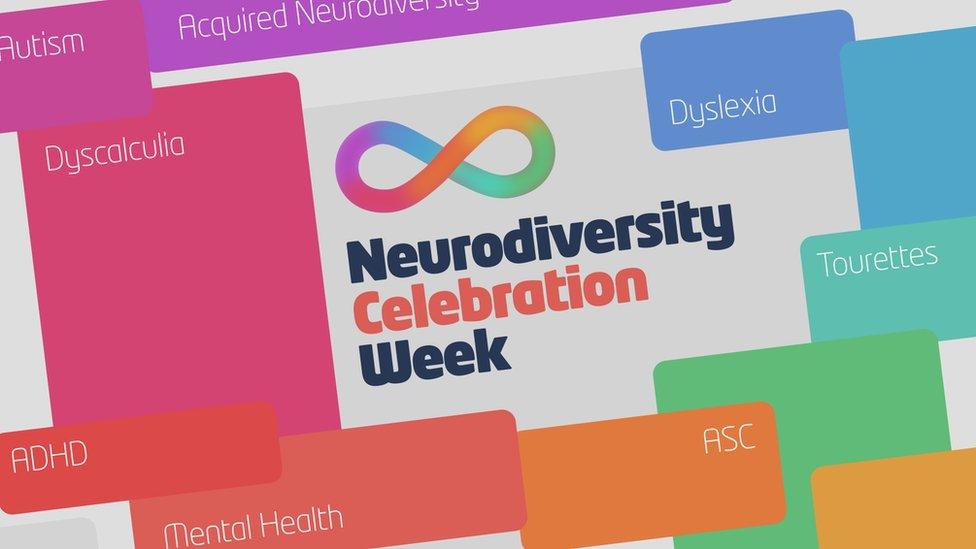'Neuroqueer' author purges memories through writing
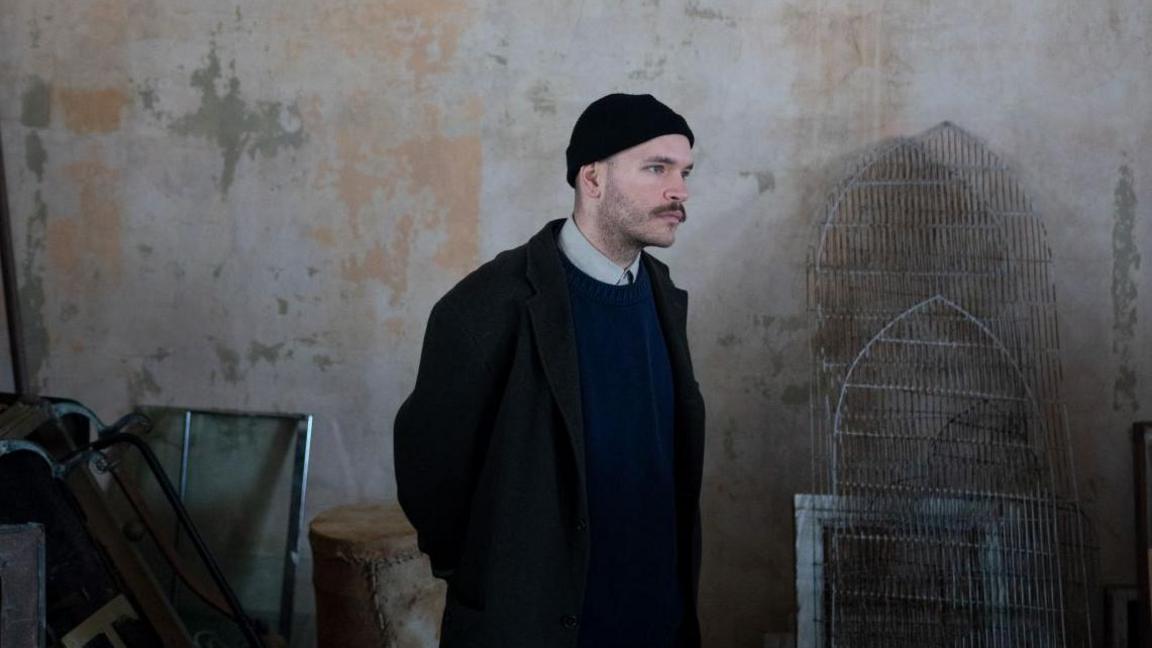
Joshua Jones's book was shortlisted for the prestigious Dylan Thomas Prize
- Published
Growing up queer and neurodivergent in the former tin town Llanelli, writer Joshua Jones said people reacted to him like he was from another planet.
"Take those gay earrings out of your ear", he recalled being told by a rugby coach.
"Everyone reacted to me like I was an alien."
The memories and experiences he has carried with him since childhood led him to write a collection of interweaving short stories set in his home town.
Local Fires was one of six titles shortlisted for the prestigious Swansea University Dylan Thomas Prize.
Last week he lost out to Caleb Azumah Nelson for his novel Small Worlds.
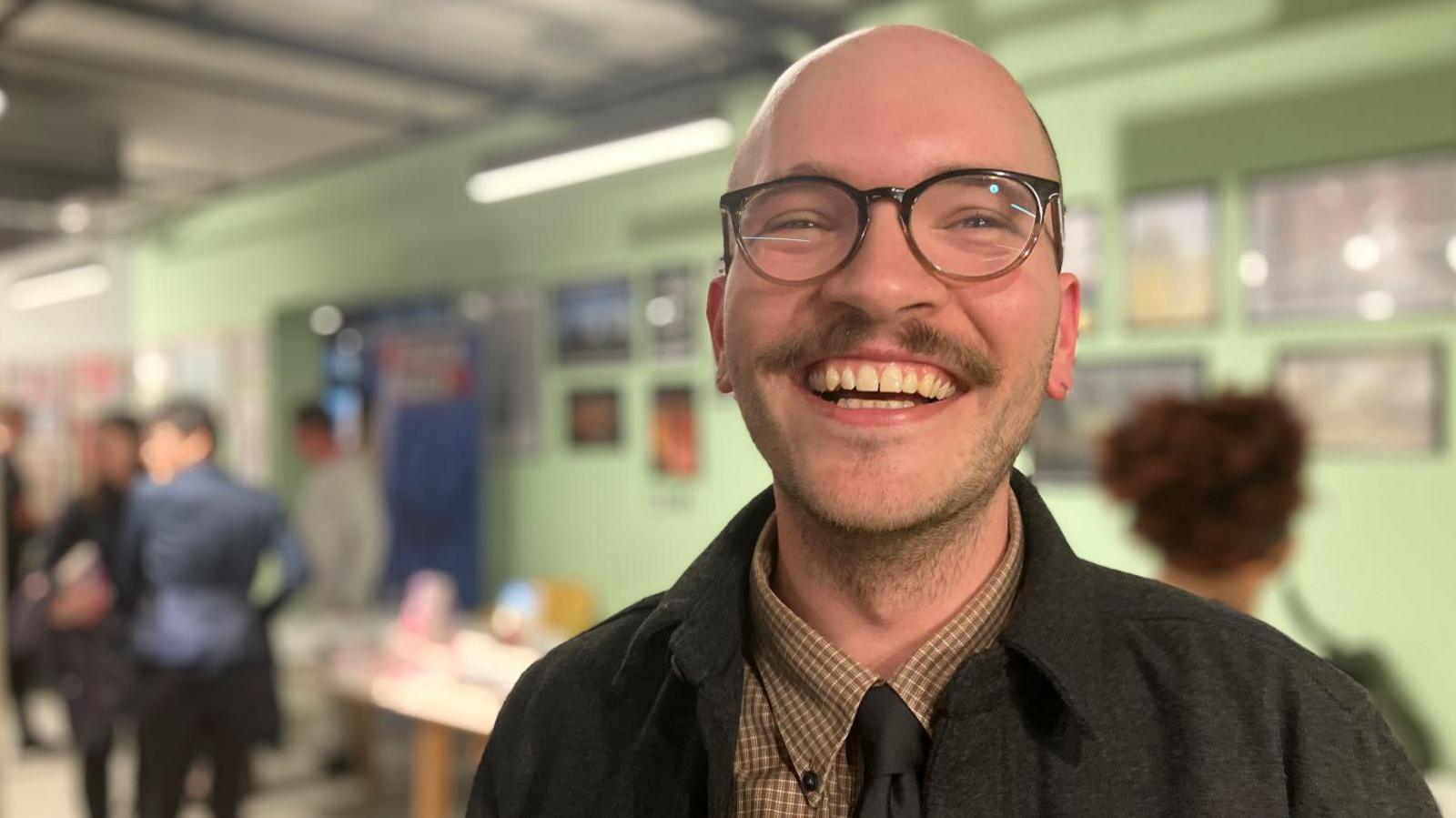
Joshua attended the Dylan Thomas Prize last week
One of Joshua's stories tells of the time he was at school in the Carmarthenshire town and witnesses another young boy being thrown in a bin.
His story takes the form of a list, outlining 10 reasons he did not intervene.
"I have an empathy score of seven or eight. No, really. I didn't know this at the time," he writes in reason three.
"It was raining and I wanted to go home," he gives as reason 10.
Other stories take in a fight at a pub on New Year's Eve and a woman waking up hungover on the morning of her fourth wedding day.
"[It's] very much a document of my childhood and teenage years in Llanelli," he said.
"There’s a lot in there about the sort of people I grew up around, not necessarily involved in my life but in the periphery."
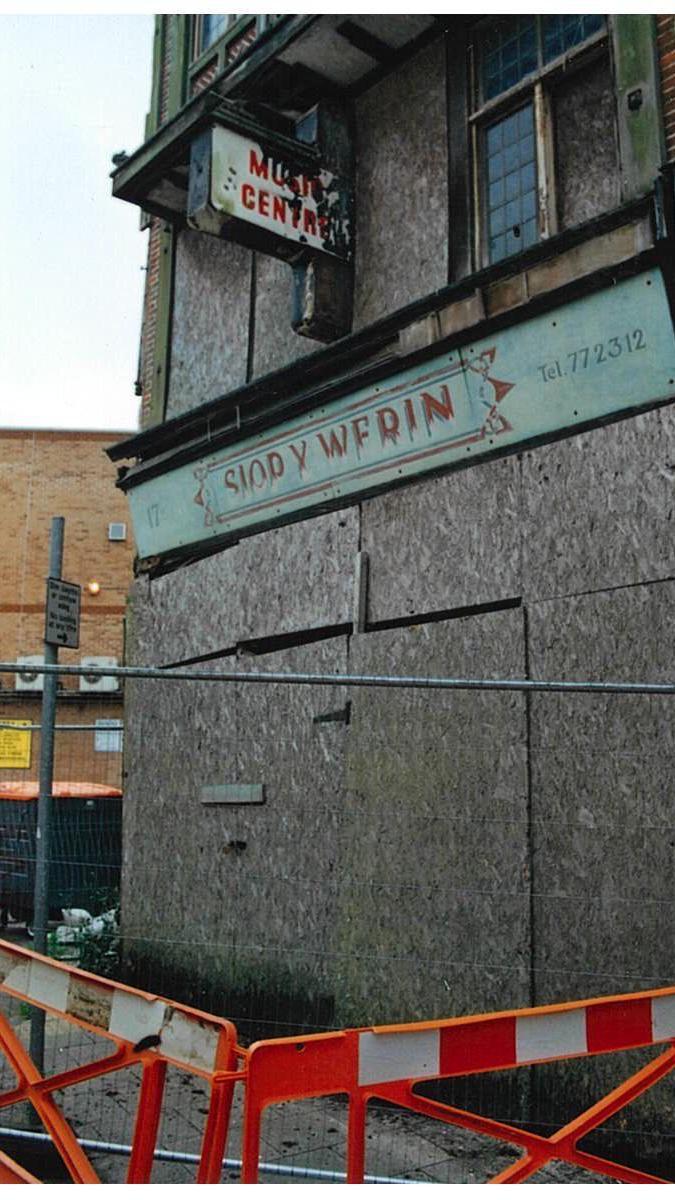
Joshua set Local Fires in Llanelli, where he grew up
Joshua recalled being "a very restless child, a restless teenager in a place that felt very static, unmoving".
"I think quite a lot of young people feel the same, they feel trapped and feel stifled," he said.
"As a neurodivergent and queer person I didn't have the space to express that or explore it in a safe and welcoming way."
Joshua, 27, who is autistic, was not given a diagnosis until his early 20s and said he also has undiagnosed attention deficit hyperactivity disorder (ADHD), external.
"My school reports said ‘Josh is really, really bright and really, really clever, I wish he could sit still, I wish he would pay attention’," he said.
"Usually I would be paying attention but because I was drumming my fingers against the table or sort of rocking back and forth in my chair they'd think that I wanted to be anywhere else, but no, I was really engaged."
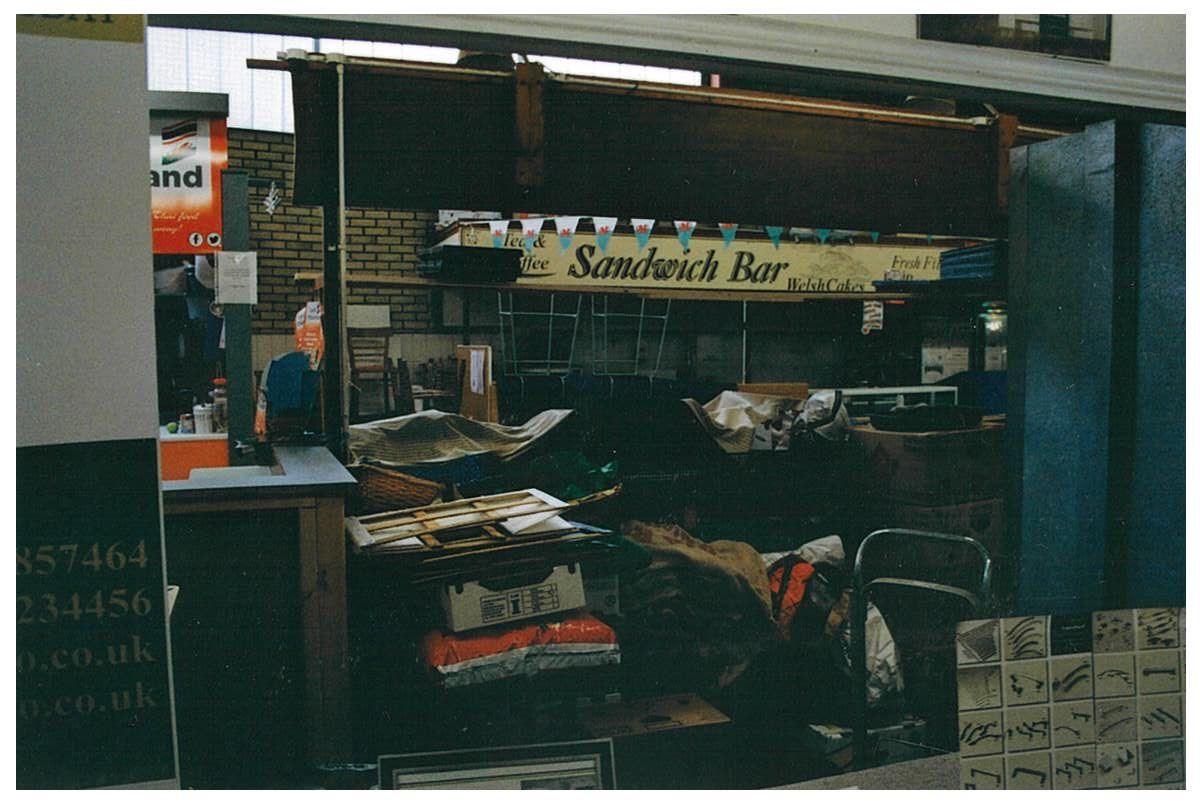
Joshua says his collection of short stories is "very much a document of my childhood and teenage years in Llanelli"
He has memories of writing a well-received story at school - "basically just a rip-off of Charlie and the Chocolate Factory" - but only really became interested in writing while at university after getting involved in the local punk scene.
"I can't play any instruments so I was like, ‘well I can't write songs so I'll just speak them instead' and that's why I started writing," he said.
He said being autistic was fundamental to his creative process.
"I think very fragmentary so I write very fragmentary. Why fight how my brain works?," he said.
He prefers to write at home in his bedroom in Cardiff at night with his music playing.
He has found a network of other neurodivergent and queer artists in the the city who collaborate on projects.
On his X (formerly Twitter) bio he describes himself as a "NeuroQueer writer & artist".
He said neuroqueer was "a term that we’re coining".
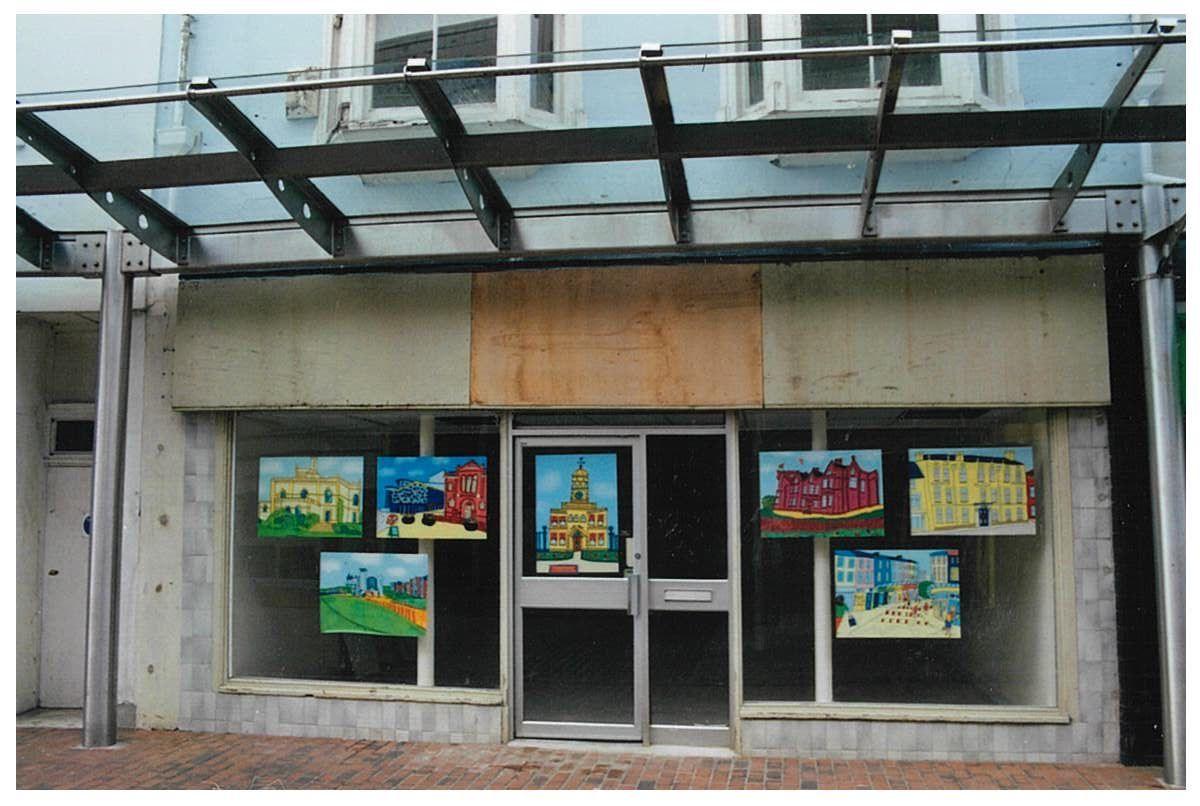
Joshua says he continues to write about his home town Llanelli
Joshua had hoped using his memories creatively would purge him of stories that had been circulating in his head for years.
"There's a lot of stuff that really affects you as a young person... and I carry everything with me," he said.
Did it work?
"It was possibly anticlimactic in a way," he said.
"I was like ‘I'm going to write this and I'm not going to think about any of this stuff anymore, it's just going to be like gone' but that's not being the case.
"I'm still writing about Llanelli now."
- Published16 May 2024
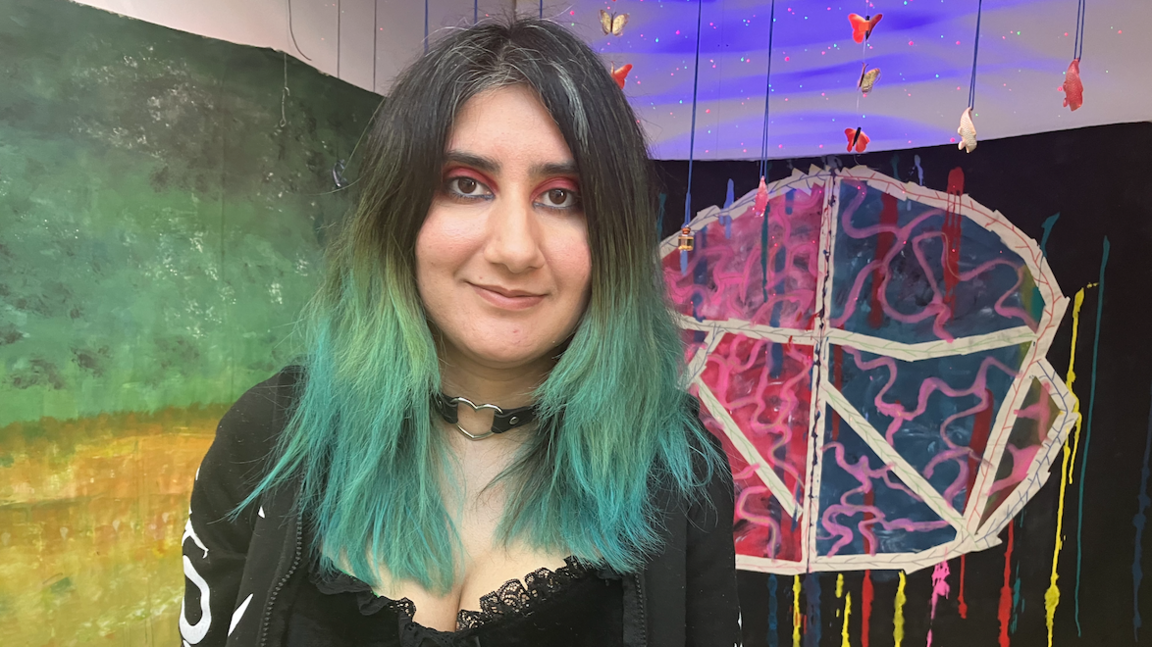
- Published2 January 2024
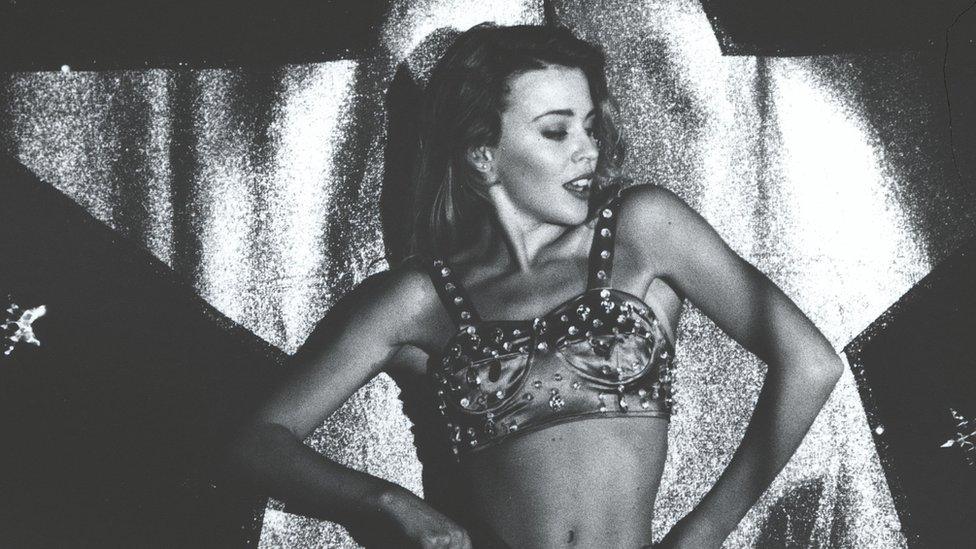
- Published10 June 2024
